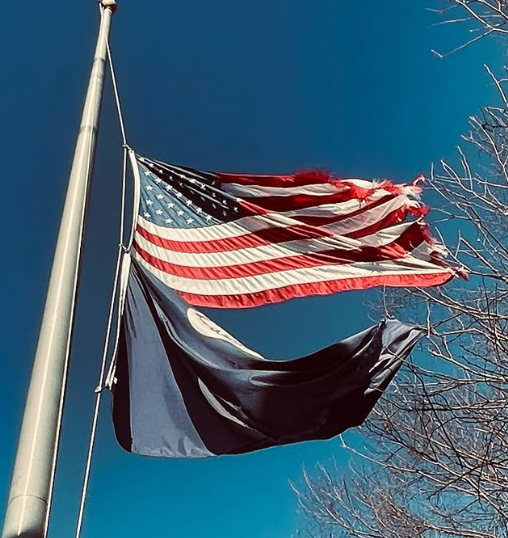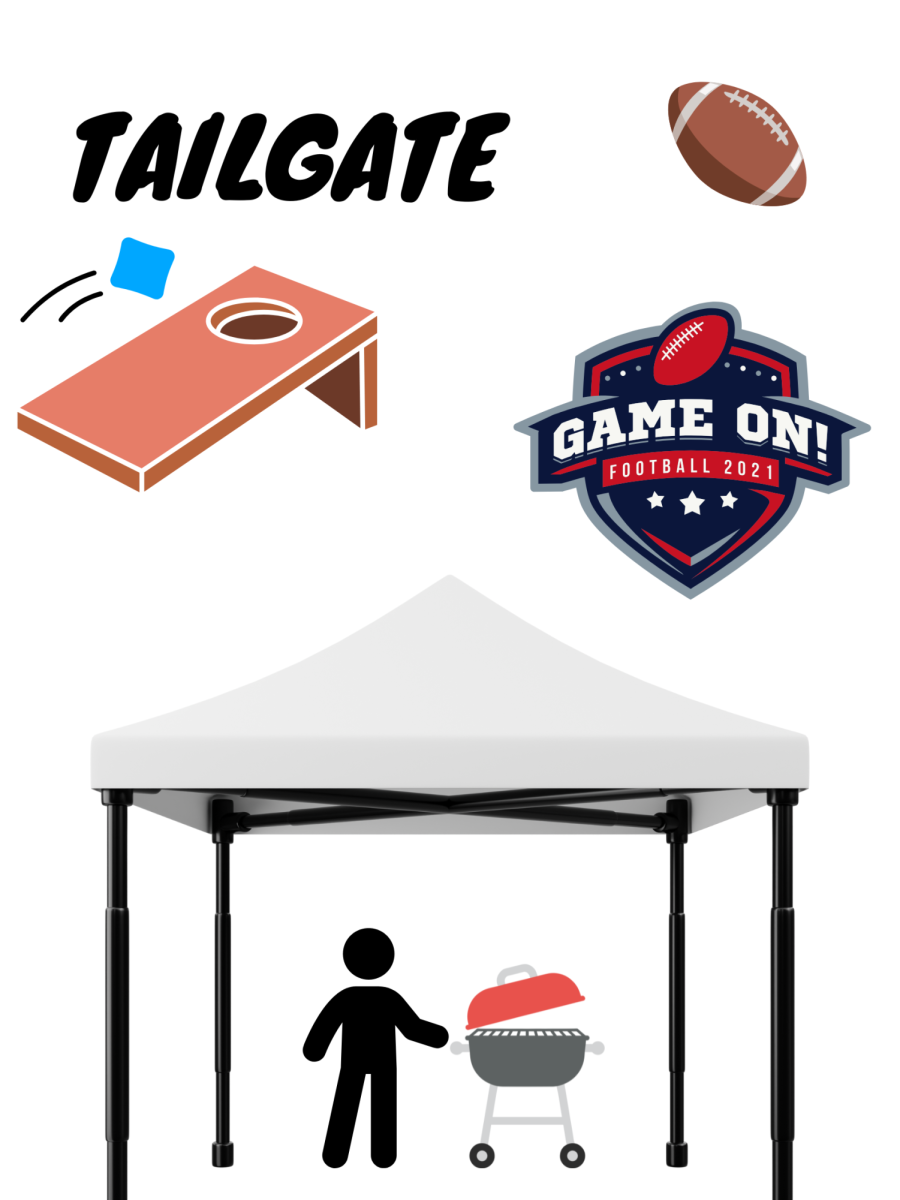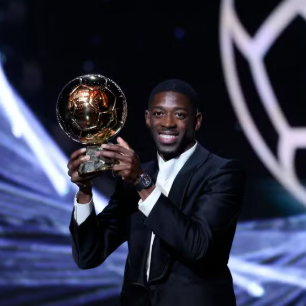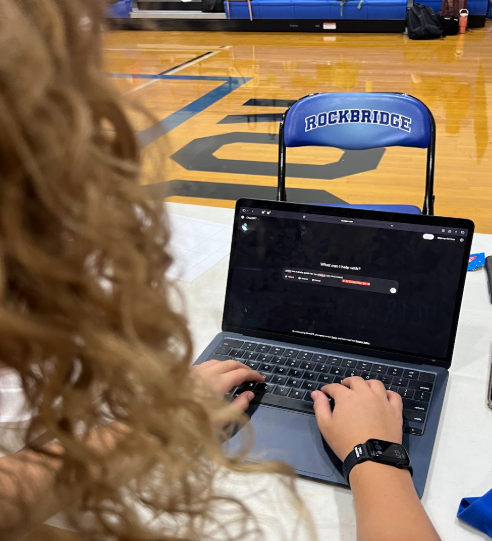
In 1858, Abraham Lincoln warned that “a house divided against itself cannot stand.” He was speaking of the horror that defined slavery, a moral rift so vast that the United States could not hope to endure half free and half enslaved. Within only a few years, his prediction came true. The divide came together into the Civil War, a conflict that nearly destroyed the nation.
Today, America as we know it is split down the middle. This time, it’s not slavery. It’s identity, ideology, and culture that drives us apart. Immigration, LGBTQ+ rights, firearms, elections, and even the legitimacy of our government are all being brought into question, turning into flashpoints in the culture war where partisanship has replaced principal and blind partisan loyalty outweighs our humanity.
The tragic murder of conservative activist Charlie Kirk laid this crisis bare. Kirk was certainly one of the most polarizing figures of our time. He provoked, inflamed, and energized all in equal measure. But he was also a human being. He was a husband, a father, and a son. Within hours of his murder, we seemed to forget that. Rather than mourning the death of a man, our leaders and the media were quick to weaponize the tragedy. Was Kirk a martyr? A villain who ‘had it coming’? A symbol of a broken political system? That answer depended entirely on what news channel you turned on, or what social media app you opened, or even who you followed.
Even more disturbing, that very same day, a school shooting at Evergreen High School in Colorado nearly claimed the lives of two children. That is the kind of tragedy that, in a healthier society, would have consumed national attention. Instead, it was overshadowed and treated like background static amid the media brawl that surrounded Kirk’s death. America has become so polarized that even grief itself is put through party lines. We don’t mourn lives lost anymore, we mourn, dismiss, or even cheer depending on whether the tragedy benefits “our side.”
This is a moral failure.
Murder–the intentional taking of a human life outside of war, law enforcement, or self defense–is always wrong.
No political disagreement, no culture war grievance, can ever justify the taking of a human life.
History shows there are times when force has been necessary: to stop the Nazi war machine, to end slavery, to resist and destroy tyranny. But that is not what we are living through now. We are not in a civil war, nor a global struggle against fascism. We are in a democracy, and in a democracy, assassination and violence is not the same as resistance. It is, rather, the undoing of the very system our Founding Fathers designed that allows peaceful change.
Lincoln foresaw this exact danger, only in a different form. When a nation forgets how to see people as people, it begins to collapse and tear itself apart from within. Immigration debates by politicians reduce men, women, and children to little more than symbols of ‘border security’ or ‘oppression. LGBTQ+ individuals are reduced to political tokens, celebrated or demonized, not as matters of dignity or moral justice, but as ‘wins’ or ‘losses’ in the culture war. Politicians themselves transform into avatars of absolute virtue or irredeemable evil – ‘saviors’ or ‘dictators’ – stripped of all nuance, humanity, and even the capacity to be right on one issue, and wrong on another.
When politics becomes a game of “our side” versus “their side,” every issue is addressed in a way that will put points on a scoreboard. Every citizen that sides with one or the other is just another point in the partisan game. A policy is good not because it uplifts citizens, but because it humiliates and puts down the other party. A scandal is tragic only when it embarrasses the opposition, while malfeasance on one’s own team is explained away. We cheer when our side “wins,” even if the victory is unjust. We sneer when the other side suffers, even if ordinary Americans are the ones paying the price. In all of that noise, humanity disappears.
The only way forward is not in the extremes, but in the center. Not bland a compromise for its own sake, but a commitment to conscience above ideology. That means condemning violence no matter who commits it or who it is inflicted upon, whether it’s a conservative commentator, a liberal activist, or an innocent child who hasn’t had a taste of politics, just trying to go to school.
It means placing human dignity above partisan gain, whether the issue is a migrant at the border or a parent speaking out at a school board meeting. It means refusing to see political opponents as existential enemies, but as fellow citizens whose voices matter even we think they’re wrong.
Lincoln’s warning is no less urgent now than it was then: a house divided cannot stand.
If we continue to prize ideology over morality, loyalty over truth, and victory over humanity, our house may yet fall again. But if we reclaim the center if we choose to see each other first as Americans, and only second as partisans, there is still hope. The choice, as Lincoln reminded us then, and as events remind us now, is ours.
“Let us not seek the Republican answer or the Democratic answer, but the right answer. Let us not seek to fix the blame for the past. Let us accept our own responsibility for the future.”
– John F. Kennedy, 2/18/1958







